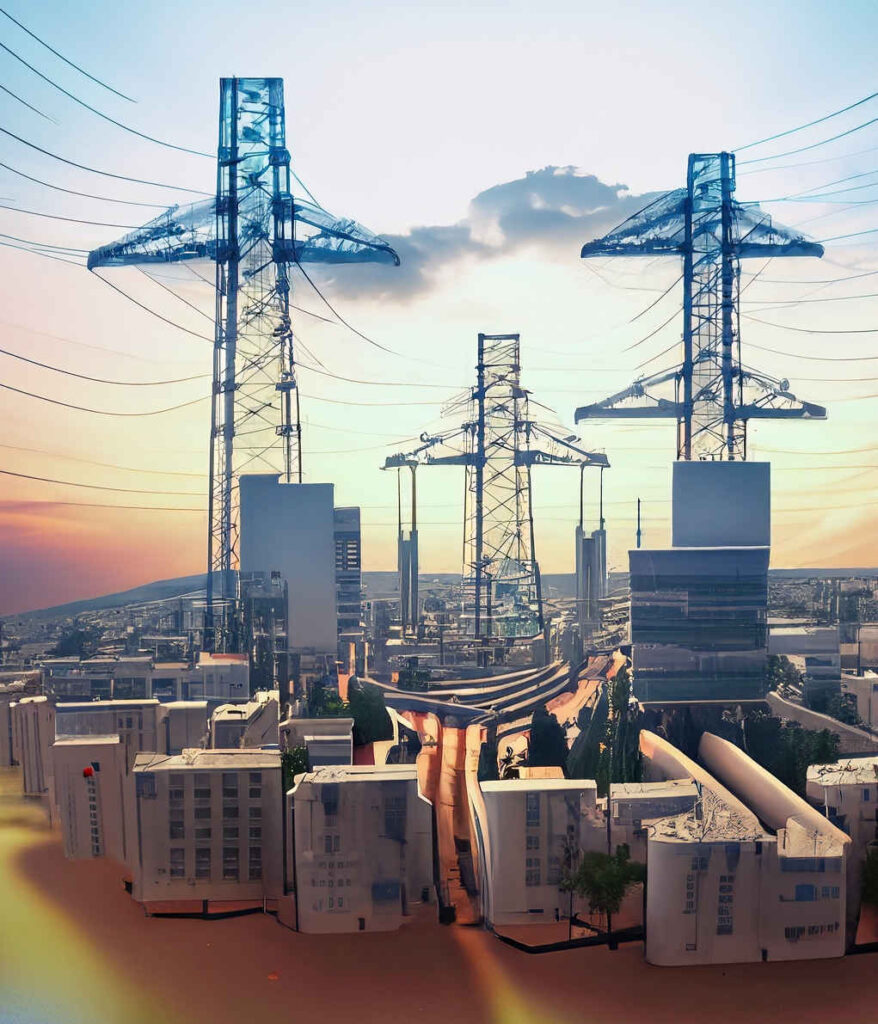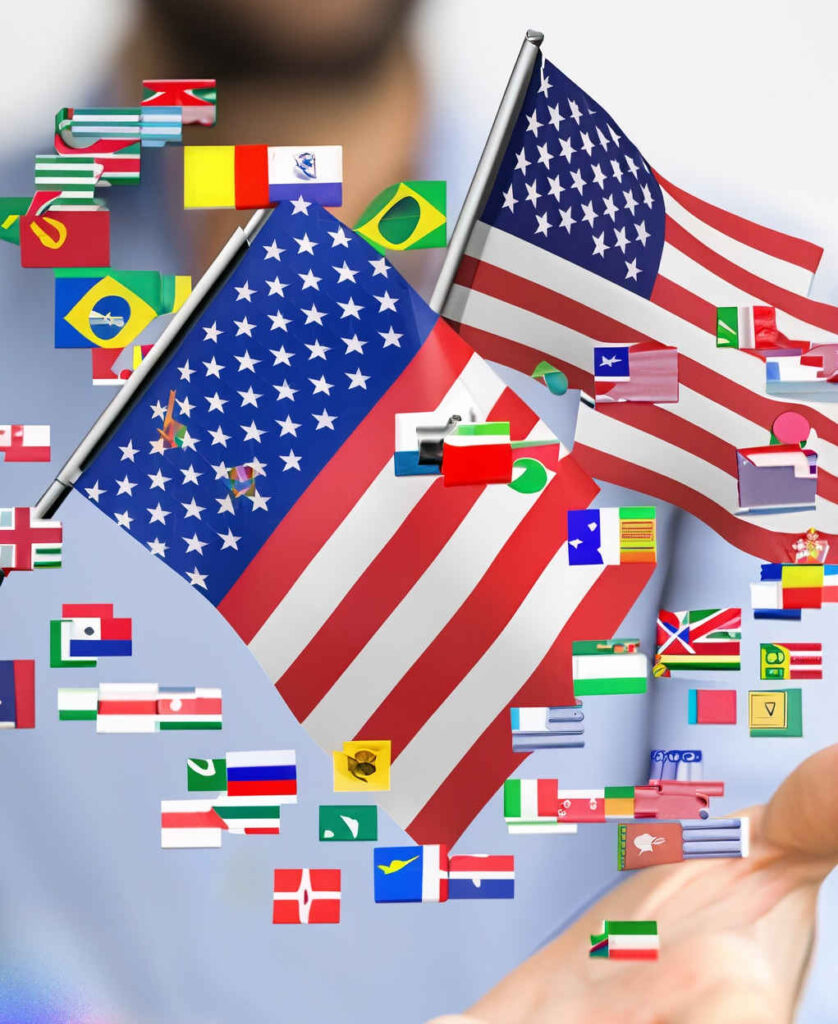The Unity Imperative: Why Nigeria Can’t Afford to Break Up | ALBAARIZY 01( AbdulRaheem Abdullahi Salaty) ON NASTV AFRICA Engagement with Nasir Abdulquadri

“There is greater strength in diversity and multi-ethnicity, unless we deliberately take a stand to explore those things bind up together as humanbeing rather than celebrating and hyping our differences, even in break-up , we would be worse-off.” Nasir Abdulquadri (Founder NasTv Africa).
In recent times, discussions about the potential breakup of Nigeria have gained momentum, with various groups advocating for secession. However, the idea of Nigeria’s dissolution raises several critical concerns that cannot be ignored. Nigeria is a nation rich in diversity, culture, and resources. To delve into the topic, we will explore the reasons why Nigeria can’t afford to break up.

1. Cultural Diversity and Unity
Nigeria is a tapestry of diverse cultures, languages, and traditions woven together over centuries. The amalgamation of various ethnic groups has resulted in a unique and rich cultural heritage. A breakup would risk severing these ties and erasing the tapestry that has defined the nation’s identity. Maintaining cultural diversity fosters unity, mutual understanding, and tolerance among citizens.
2. Economic Interdependence
Nigeria’s economy is intricately interconnected across its regions. Different parts of the country contribute various resources, skills, and industries that collectively drive economic growth. A breakup could disrupt these economic networks, leading to trade imbalances, resource shortages, and overall economic instability. The unified market also enhances Nigeria’s global competitiveness.


3. Resource Abundance and Distribution
Nigeria is blessed with abundant natural resources, including oil, minerals, and agricultural products. While these resources are not evenly distributed across the nation, a coordinated effort is required to ensure their equitable utilization and distribution. Fragmentation could lead to conflicts over resource ownership and hinder efforts to harness these resources for the benefit of all Nigerians.
4. Security Concerns
National security is a paramount concern for any nation. Breaking up Nigeria could create power vacuums, border disputes, and potential conflicts between newly formed entities. These security challenges might overshadow any perceived benefits of secession, ultimately leading to more instability and hardship for citizens.


5. International Standing
Nigeria is a prominent player on the global stage due to its population, resources, and strategic location in Africa. A divided Nigeria would likely diminish its influence in international affairs, potentially weakening its ability to negotiate trade agreements, partnerships, and foreign aid. Unity strengthens a nation’s voice and bargaining power in the global arena.
6. Infrastructure and Development
Nationwide infrastructure development requires collective effort and resources. A fragmented Nigeria might struggle to maintain or enhance existing infrastructure, hindering progress and development. Unity enables coordinated investments in education, healthcare, transportation, and technology that benefit all citizens.
7. Shared History and Identity
Centuries of shared history have forged a collective Nigerian identity. Despite its challenges, the nation has overcome numerous obstacles by standing together. This shared history creates a bond that transcends ethnic and regional differences, reminding Nigerians of their ability to overcome challenges when united.
